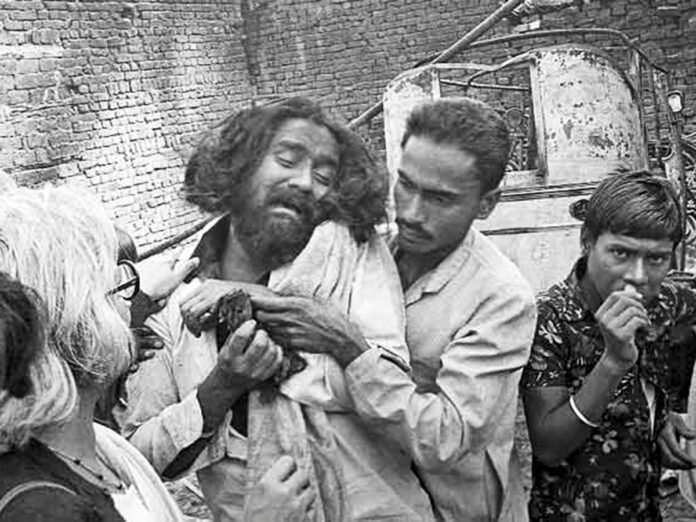For the uninitiated, there is a significant Sikh diaspora in Canada. After the traumatic tearing up of the State of Punjab during Partition in 1947, Indian Punjab became one of the most prosperous States, becoming one of the biggest contributors to the Indian coffers.
Then came Bhindrawale of the Akali Dal Party, who stored arms in the Golden Temple. Operation Blue Star happened then. The 'desecration' of the temple by the Indian Army snowballed into the assassination of Indian PM Ieeriendra Gandhi and the Sikh extremists demanding an independent state for Sikhs, Khalistan. Many of the extremists who went on an armed offensive escaped to Canada when the long arms of Indian Law caught up with them. They clandestinely continued their subversive activities from Canadian shores, adapting nicely to their newfound landscape of liberty, personal freedom and the strength of the Canadian dollar.
Around the same time, Pakistan began exporting its terrorist activities. A weak Indian Punjab would make easy prey for Pakistan to walk over and spread their dominance, or so they thought. They provided easy access to drugs and moral support for separatism.
Over the years, the radical Sikhs in Canada have started playing a pivotal role in Canadian politics. As Justin Treadeau's party lost support, Jasmeet and his National Democratic Party, which has an enormous Sikh following, were to hold Justin's Liberal Party by the jugular. It just may be vote bank politics.
Trouble has been slowly brewing over the years between India and Canada. On the Indian side, Canada was accused of taking sides on Indian domestic issues, like the Farmers' Protest. India looks at the Khalistani movement as a separatist group that Canada seems to protect, accusing it of harbouring terrorists, just like Pakistan. Canada feels it is just doing what a sovereign country would do: protecting its own citizens. So, as it is, both parties are beginning to call back their respective embassies and refuse the issuance of visas.
Interestingly, the threat to blow up Air India flights did happen once before and led to the biggest aviation mishap before the Twin Towers 9/11 disaster. In 1985, on 23rd June, an Air India plane flight #182, christened Kanishka after a great king of the Kushan Dynasty of ancient India, exploded mid-air off the coast of Ireland as it was flying from Toronto to London en route to New Delhi, killing instantaneously 307 passengers and 23 crew members. There were 268 Canadian citizens, mostly of Indian origin, going home for summer vacation, and 24 were Indians. This plane blast was the biggest Canadian aviation disaster. Murphy's Law was in full force here. A Royal Commission, which was convened, determined that a series of errors happened. The government of Canada, the Royal Canadian Mounted Police (RCMP) and the Canadian Security and Intelligence Services (CSIS) all failed to protect their citizens. Even though the authorities were scrutinising the terrorist group Khalsa Babar and police informants had forewarned them of a planned Air India bomb blast, all that for embroiled in bureaucracy.
Even though there was heightened alert about the possible bombing on an Air India flight, Toronto's baggage X-ray facilities malfunctioned, and the staff bungled up with manual scrutiny for bombs.
In fact, on the faithful day, two unattended baggage with bomb devices were registered to travel (without their passengers who did not board the vessel for obvious reasons) from Vancouver to Toronto on Canadian Pacific Airlines. From Toronto, one baggage was supposed to leave for Narita and finally to India via Air India plane. Because of confusion in correcting for daylight saving measurement, the bomb exploded prematurely in Narita, killing two baggage handlers. The other bomb exploded before reaching London Heathrow, perhaps the intended target because the flight was delayed by an hour.




















